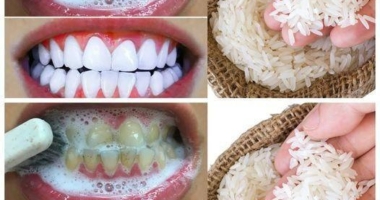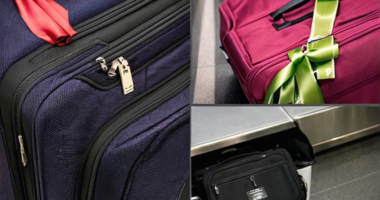UQ has launched a human trial of its second-generation COVID-19 vaccine called Clamp2, after the initial technology was abandoned following patients’ false-positive HIV tests. The researchers have re-engineered the molecular clamp technology, replacing the fragments of protein in HIV with Clamp2. They are seeking 70 healthy volunteers aged 18 to 50 for the trial, which will compare the vaccine’s effectiveness with the approved Novavax shot. The researchers are primarily focused on developing technology that can be used for multiple viruses, not just COVID-19. The Coalition for Epidemic Preparedness Innovation (CEPI) is providing up to $8.5 million to support further development of the UQ technology. Nucleus Network is conducting the trial in Brisbane.
The University of Queensland (UQ) has initiated a human trial for its second generation COVID-19 vaccine after the original technology was abandoned more than two years ago due to patients falsely testing positive for HIV. Researchers at UQ are working to develop technology that can be used for multiple viruses, including existing viruses like respiratory syncytial virus (RSV), with the COVID-19 vaccine trial assessing the effectiveness of the re-engineered molecular clamp technology called Clamp2. The researchers are seeking 70 healthy volunteers aged 18 to 50 for the trial and plan to compare the vaccine’s effectiveness with the approved Novavax shot. While the primary purpose is not to bring another COVID-19 vaccine to market, the researchers hope the technology can be used to protect people during future pandemics. UQ project leader Keith Chappell said he was confident in Clamp2’s potential and that it could be used to produce vaccines for a range of viruses. The original clamp technology had two fragments of a protein found in HIV that held together an engineered version of the spike protein found on the surface of SARS-CoV-2, allowing the immune system to recognise and attack the spike protein, producing protective antibodies.
To produce a robust immune response, the SARS-CoV-2 spike protein must be locked into shape. The University of Queensland (UQ) vaccine utilized a molecular clamp to accomplish this, but it resulted in patients falsely testing positive for HIV, leading to its abandonment. However, UQ researchers have re-engineered the molecular clamp technology, replacing the fragments of protein in HIV with a “small amino acid sequence with similar properties,” called Clamp2, and have launched a human trial to test its effectiveness as a COVID-19 vaccine. The researchers are seeking 70 healthy volunteers aged 18 to 50 for the trial and plan to compare the vaccine’s effectiveness with the approved Novavax shot. Although the researchers are primarily focused on developing technology that can be used for multiple viruses, if Clamp2 proves successful, it could be used to protect people during future pandemics. UQ project leader Keith Chappell said vaccines using the technology would be cheaper, more stable, and more rapidly scalable than existing technology. The Coalition for Epidemic Preparedness Innovation (CEPI) is providing up to $8.5 million to support further development of the UQ technology for use in the global response to future disease outbreaks. Nucleus Network will conduct the trial in Brisbane, and information about participating in the trial is available on their website.
Don’t miss interesting posts on Famousbio








